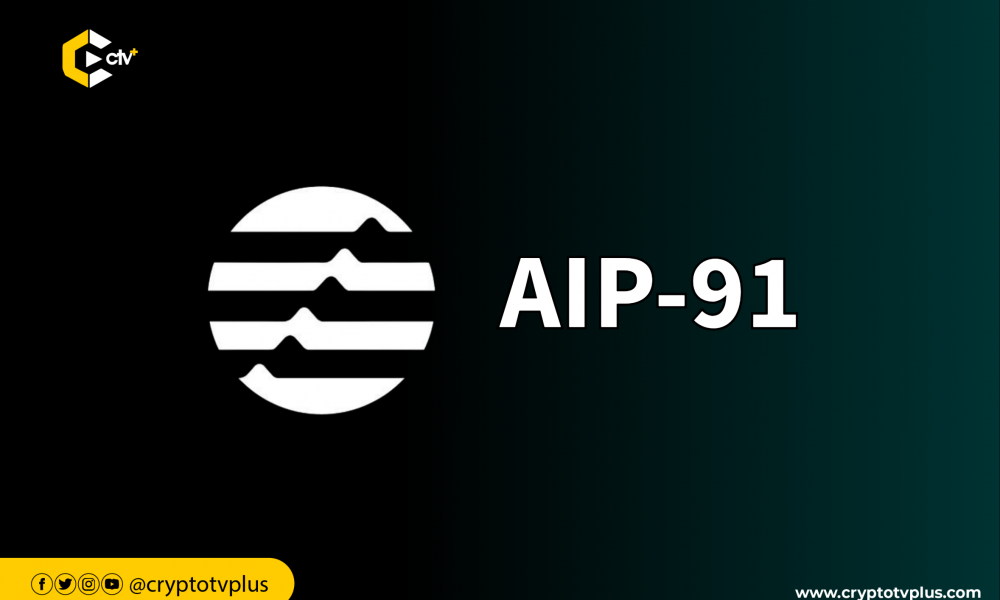The Aptos governance process has approved AIP-91, an improvement proposal introducing the Enum type in the Move Virtual Machine (MVM).

Aptos governance has approved AIP-91, an improvement proposal introducing the Enum type in the Move Virtual Machine (MVM). This significant update aids developers in using the Move programming language.
Enum types in Move now give developers a way to define structured data with different options or forms. This improvement makes it easier to understand and manage code. It also simplifies complex tasks involving data transformation.
With versioning, enum types allow data to change over time without causing compatibility issues. In simple terms, enum types help create efficient, long-lasting data structures for managing smart contracts without the need to change the way data is stored or handled.
In the Move programming language, an Enum (enumeration) type is a way to define a type that can have several distinct variants, where each variant can hold different types of values.
A “type” refers to how data is structured and organized. It defines what kind of information a developer is working with, like digital assets (for example, tokens or coins) or rules for how certain transactions should behave.
These types are written using Move, which makes sure that the information is handled securely and efficiently when people use the Aptos network for things like trading or managing digital assets.
Enums are useful for modeling data that can be one of several different kinds, such as statuses, options, or tagged unions. In Move, enums are defined using the enum keyword. Each variant can optionally carry additional data. This makes them a powerful tool for defining complex data structures in a safe and efficient manner.
Move enums allow developers to define types that can safely express different states or outcomes while ensuring that all possible cases are handled correctly.
Progress report of Aptos in 2024
Aptos Labs, the firm behind Aptos, has been taking strides to improve its offerings over time. It partnered with Google Cloud to create Aptos GameStack to help Web3 game developers solve distribution challenges.
The platform lets developers use Google Cloud’s advanced tools, like data analysis and AI, alongside Web3 technologies to build and share new games. Aptos GameStack provides Unity APIs, making it easier to add Web3 features such as wallets, transactions, NFTs, and tokens to games.
It also uses a new token system to reduce costs while allowing users to fully own and transfer their digital assets. With strong security and easy logins, the platform simplifies payments by supporting both traditional and digital currencies, enhancing player involvement and revenue.
In August, Tether launched its USDT stablecoin on the Aptos blockchain as part of its broader strategy to expand its reach and accessibility. Tether praised Aptos for its robust infrastructure and speed, which will help enhance the utility of USDT in global digital payments and DeFi ecosystems.
This move is expected to boost liquidity and increase user participation in Aptos’ growing ecosystem, which has seen rapid transaction growth and significant daily active user increases in 2024.
The above is the detailed content of AIP-91 Approved: Aptos Introduces Enum Type in Move Virtual Machine (MVM). For more information, please follow other related articles on the PHP Chinese website!




